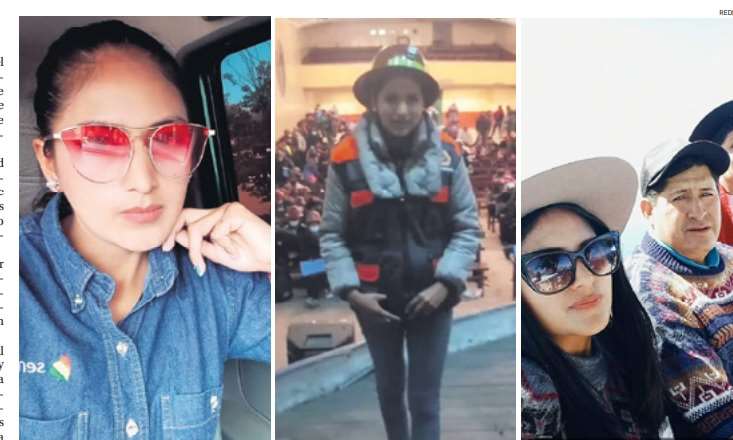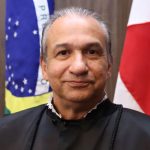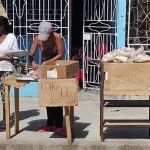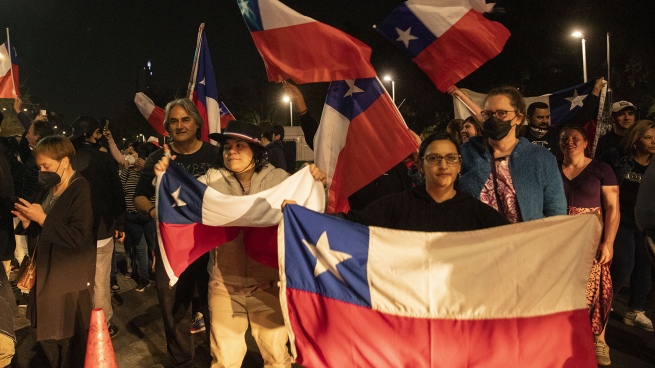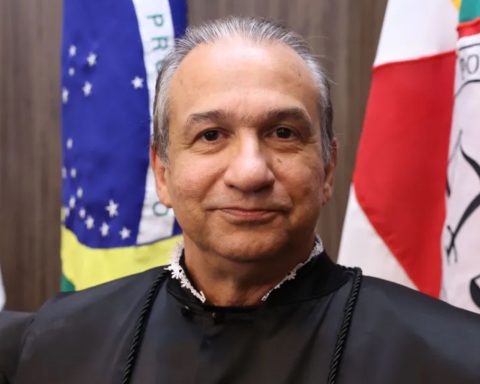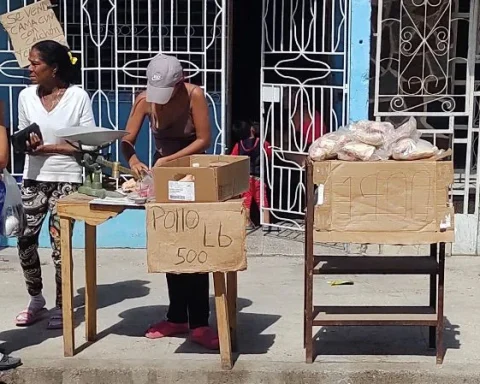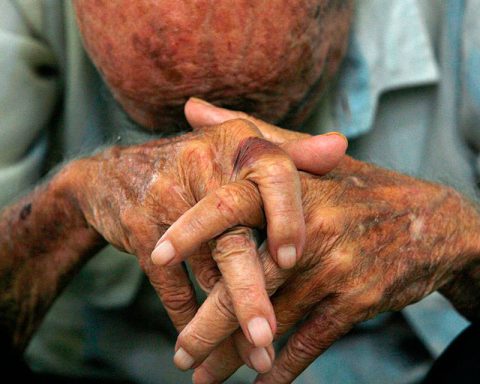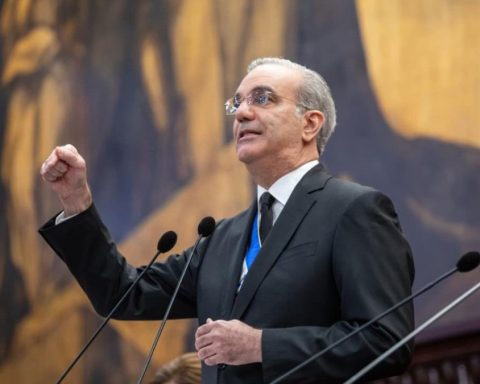September 8, 2022, 4:00 AM
September 8, 2022, 4:00 AM
He has been the executive director of the National Service for Protected Areas (Sernap) since November 2020. Before that, he was a leader of the Single Trade Union Confederation of Rural Workers of Bolivia (Csutcb).
Since he assumed the title of Sernap, Teodoro Mamani Ibarra has publicly acknowledged the mining pressure on the protected areas (PA) of the country, even intimidating park rangers.
Mamani’s mission is to take care of protected areas and, paradoxically, her daughter works in the institution that grants mining concessions, many of which put pressure on park rangers.
This pressure has been proportional to that of opposition legislators and environmentalists, who have exposed the annoyance caused by the uncontrollable advance of illegal mining activity in areas considered sacred for the conservation of biodiversity, but above all, who have also observed the passivity of Sernap and the Ministry of Environment and Water (MMAyA).
According to data from the General Comptroller of the State, since May of this year, Roxana Mamani Pérez, daughter of Teodoro Mamani and Florentina Pérez, has been working as an official of the National Service for Registration and Control of Marketing of Minerals and Metals (Senarecom), dependent on the Ministry of Mining and Metallurgy, like the AJAM.
In her social networks, Roxana Mamani is also shown wearing the Senarecom uniform, and in various work activities, one of them wearing a mining helmet and the song El miner, by William Luna, in the background.
Likewise, on the digital portal of Senarecom, Transparency sector, there is a complete and detailed list with the names of all the officials, but only until the year 2020, and from 2021 until today, only the directors and heads of units appear.
In the section of officials without names, according to the salary scale, only published until 2019, salaries range between Bs 4,000 and 13,000.
Roxana Mamani’s social networks, in which she appears with her parents, indicate that she graduated as a professional about two and a half years ago.
Teodoro Mamani’s version was searched twice, but he did not give an answer. However, yesterday he responded to a request for an oral report, and assured that the Sernap was not the main person responsible for the entry of mining into the protected areas.
Regarding this case, the deputy of Cree, María René Álvarez, believes that, beyond the fact that Senarecom officials and the parliamentarians of the previous administration had questioned the work on the mining concessions, it is necessary to know an updated and detailed record. , in addition to the aerofogrametry supports of the current mining operators that have concession grids. “This registry would allow us to know where exactly these companies operate and if they are impacting protected areas or land that is not available,” she said.
For the senator of the Citizen Community, Cecilia Requena, beyond the fact that there are relatives in another entity, there is a conflict of interest in mining, since Senarecom controls the trade and export of minerals from Bolivia.
“Taking into account that there is illegal mining using Senarecom and that illegal mining is taking place, among other places, in protected areas such as Madidi and Apolobamba or Cotapata, all this is very unpresentable,” he said.
Requena said that it would be good to see additional aspects, such as the professional training of Teodoro Mamani’s daughter. “As far as we know, Senarecom is a nest of corruption and we are working to catch it. We have taken care of the Ajam and the Sernap quite a bit, now we are going that other way,” she said.
There have been many complaints against the Sernap, which in September 2021, together with the Mining Administrative Jurisdictional Authority (AJAM), signed a meeting minutes together with mining leaders.
According to the minutes, on that occasion the signing authorities undertook to make possible 93 procedures for mining areas in the three protected areas most pressured by the miners: 12 in Madidi, 68 in Apolobamba and 13 in Cotapata.
Another protected area under pressure, for which a scandal was unleashed that made the authorities back down, was the San Matías Integrated Management Natural Area (ANMI), where the mining of manganese had initially been authorized, by the company Mincruz SRL, decision that was reversed after denouncing irregularities. There were no sanctions.
